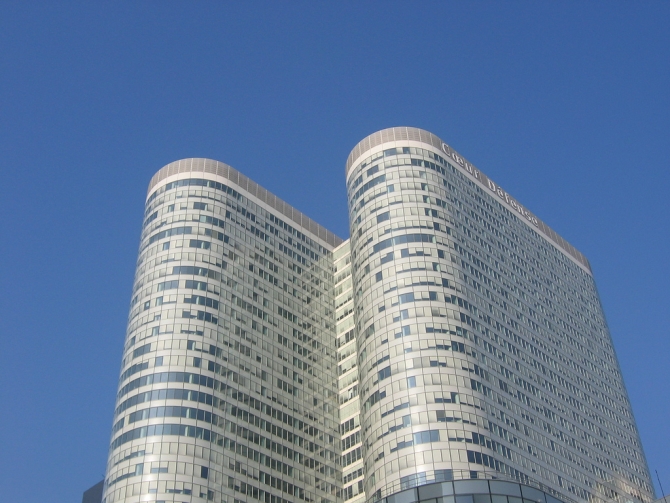As workers put the finishing touches to Europe’s biggest office complex, there are growing fears in France that a new property boom is underway — before the previous bust has ended.

The Majunga Tower is a 45-storey block nearing completion at La Défense, west of Paris. By August it will add another 63,000sq metres to the vast purpose-built business campus. There is only one problem. Office vacancy rates at the complex are at 12 per cent and rising.
Not everyone is concerned. Olivier Gérard runs the Paris office of property consultant Cushman and Wakefield. “These are big spaces for big clients,” he says, “and relatively few leases will fill a building when firms feel more confident about the future.”
La Défense epitomises the mismatch between French investors’ enthusiasm and the caution of occupiers. Investment is pouring back, but tenants are not. On another part of the business park its biggest office block, Coeur Défense — once owned by the now-defunct Lehman Brothers — is being sold yet again by its cash-starved owners for a reported €1.3bn (£1bn) to the American investment company, Lone Star.
Rock-bottom yields on government bonds have nudged investors toward property, but France has attracted less investment than Britain or Germany where economic growth looks steadier. But even in the robust German market there are signs that the bust is not over.
Creditors of IVG — once ranked as Germany’s largest property company — voted last week to take over the firm in a court-supervised plan to restructure its £1.9bn of debt. IVG also agreed to sell its asset-management business, a fund that owns half of London’s Gherkin tower. It was, however, the sky rocketing costs of building the Squaire, a complex built on top of the railway station that serves Frankfurt’s airport, which proved fatal for IVG.
Attracted by promising yields, investors are also returning to Spain where the worst of the economic nightmare may be over, prompting property values to rise. Prices in Spain have fallen between 30 and 40 per cent from their peak and many analysts feel they might well have bottomed out. Many banks with questionable property portfolios have also been selling off their real-estate management divisions to private-equity firms.
Last year investors bought over €3bn (£2.4bn) worth of commercial property, an increase of more than 60 per cent on 2012. And in what is expected to be this year’s biggest deal, Banco Santander is close to selling one of Madrid’s most famous buildings, the Edificio España, to a Chinese investor.
For France, the gloom is relentless. With the gap between property yields and government securities at their highest for 20 years, optimistic investors claim this should hold property prices steady. A gamble which will only pay off if interest rates rise gently and the market is not swamped by more space than it needs.